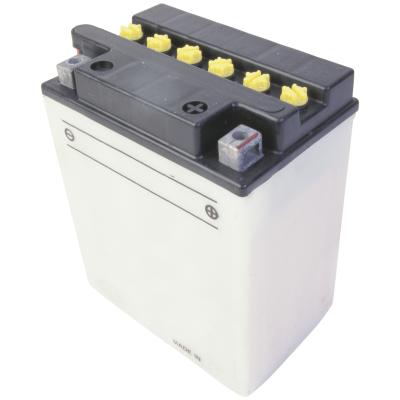
A battery is a vital component of the vehicle and can fail without warning. The automobile battery is commonly a lead-acid type with six independent cells. Each cell contains a sulfuric acid and water solution called electrolyte. When one cell fails, it drains the energy from the battery. Your automobile will develop certain symptoms when this occurs.
One of the signs of a bad battery cell is slow cranking of the starter. The engine sounds like it is having trouble turning over. The shorted cell does not allow the battery to hold the required amount of direct current voltage. The starter draws lot of amps when starting the automobile. A bad cell decreases the amps considerably. Without all the amps required, the car will have trouble starting.
Running a vehicle does not use as many amps from the battery as starting it does. You can experience a dead battery at ignition, but when you jump the vehicle, the car operates properly. Once you turn off the vehicle and let it sit for a period of time, the shorted cell drains the charge off the battery. Once you attempt to start the vehicle again you can hear a couple of clicks, and this tells you that the car must be jumped again or the battery is dead.
Charge the battery fully, and check it with a volt meter. You must get a reading of 12 volts or more for a good battery. A reading of 10.5 volts or less indicates that one or more of the cells have shorted out. The shorted cell is preventing the battery from holding a full charge.
The battery supplies power to your car's electronics when the vehicle is shut off. When these electrical components quit working once the car has been turned off, it is a sign that there is a battery problem. The bad cell is draining the remaining voltage left in the battery. All of these signs indicate a problem with the battery holding a charge, which generally means a shorted battery cell.